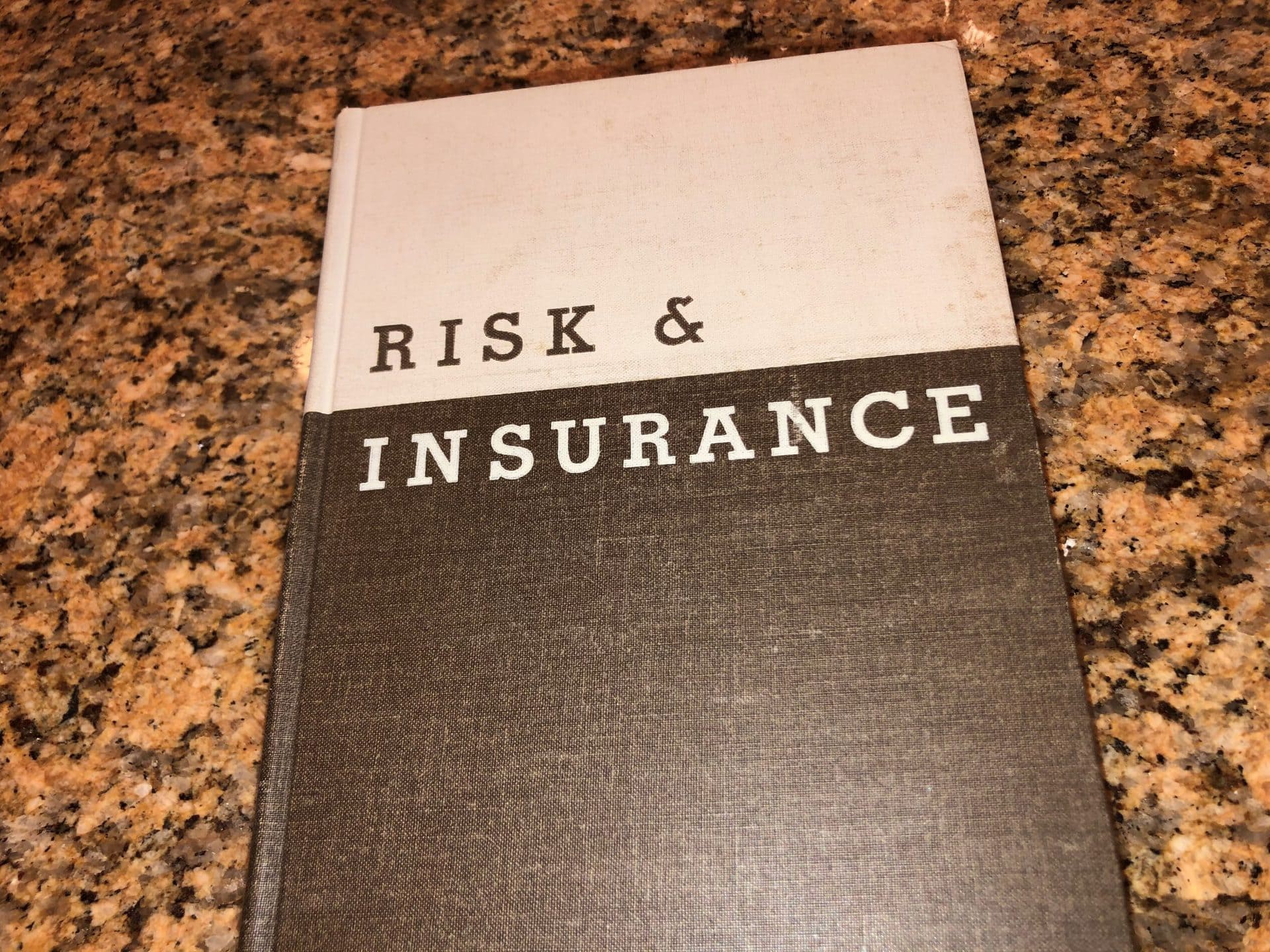A college textbook on insurance published in 1954 contains the same fundamental principles as those in today’s industry. Building codes change. Vehicles and machinery are re-designed. Insurance coverages are modified or enhanced. Methods and procedures change; however, the fundamental principles of insurance will remain unchanged for generations to come.
Trust is Essential
The most important standards of insurance are trust and the relationship between the insurance company, the agent, and the policyholder. The policyholder must have confidence in the insurance company’s financial stability and in the agent’s knowledge and integrity. The insurance company must trust that it has complete and factual information from the agent about the business owner’s operations, the business’ insurance loss history, and that the policyholder has a good attitude of controlling claims.
Business owners must be confident that their insurance companies will pay claims fairly and promptly, will provide safety engineering to help determine hazards, and make recommendations that will improve outcomes. Agents and insurance companies expect their insureds to maintain complete payroll information, subcontractor data, and to be financially responsible to remit insurance premiums as they are billed.
The Named Insured on the Policies
Who is shown as a Named Insured on the insurance policies is most important! In this era of LLCs, corporations, partnerships, proprietorships, joint ventures, or any other entities, exacting names shown on the insurance policy are essential. Who is insured is what determines who or what is covered. A policyholder needs to keep his insurance policy up-to-date, add named insured(s) onto his insurance as additional entities are formed or create new policies for those newly formed entities.
The first named insured on the insurance policy is typically the only entity or person that may make changes to the policy. This is the entity or person who is also the recipient of the check from the insurance company in payment of a claim. It is the name that is sent a cancellation (for non-payment) or non-renewal in the event the policy is not to be continued.
During the week I was writing of this blog, I reviewed a contractor’s policy and found that there was no coverage in the name of the main company that the contractor owned and operated. The reason? He had not updated the policy for many years. He was just sent renewals in the mail each year and had not sat down with his agent to update data and pertinent information about the policy. This would have been a devastating blow to the contractor had there been a claim.
|
Anticipate Change (as Exposures Change)
While insurance coverage is exacting, insurance contracts may change, sometimes to the disadvantage of the policyholder. Often times, these changes come from unforeseen and unintended claims that have arisen but not anticipated when the insurance contracts were originally written. Sometimes, the spirit of the insurance policy was not originally understood, so there had to be clarification and modifications. There will be some examples given throughout our blogs of these policy changes or anticipated changes. For example, most standard property policies cover property damage from riots, however, I anticipate as the riots of the year 2020, we will see some movement toward federalizing “riot coverage” like terrorism coverage has been.
If you’d like to review your business or personal insurance, please call us at 423-763-1111. We hope to answer your questions and serve you!





